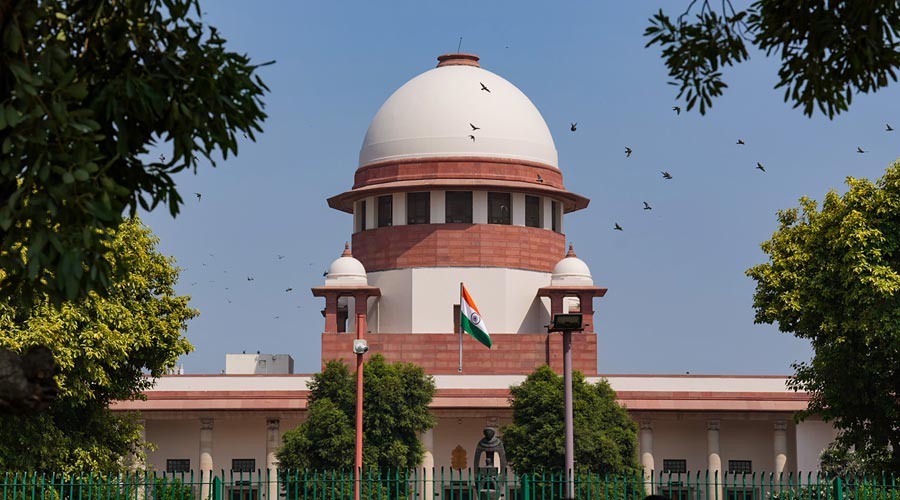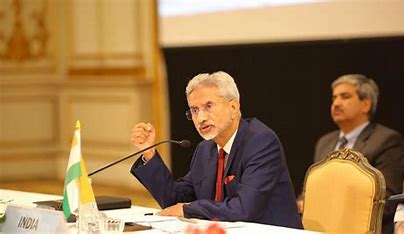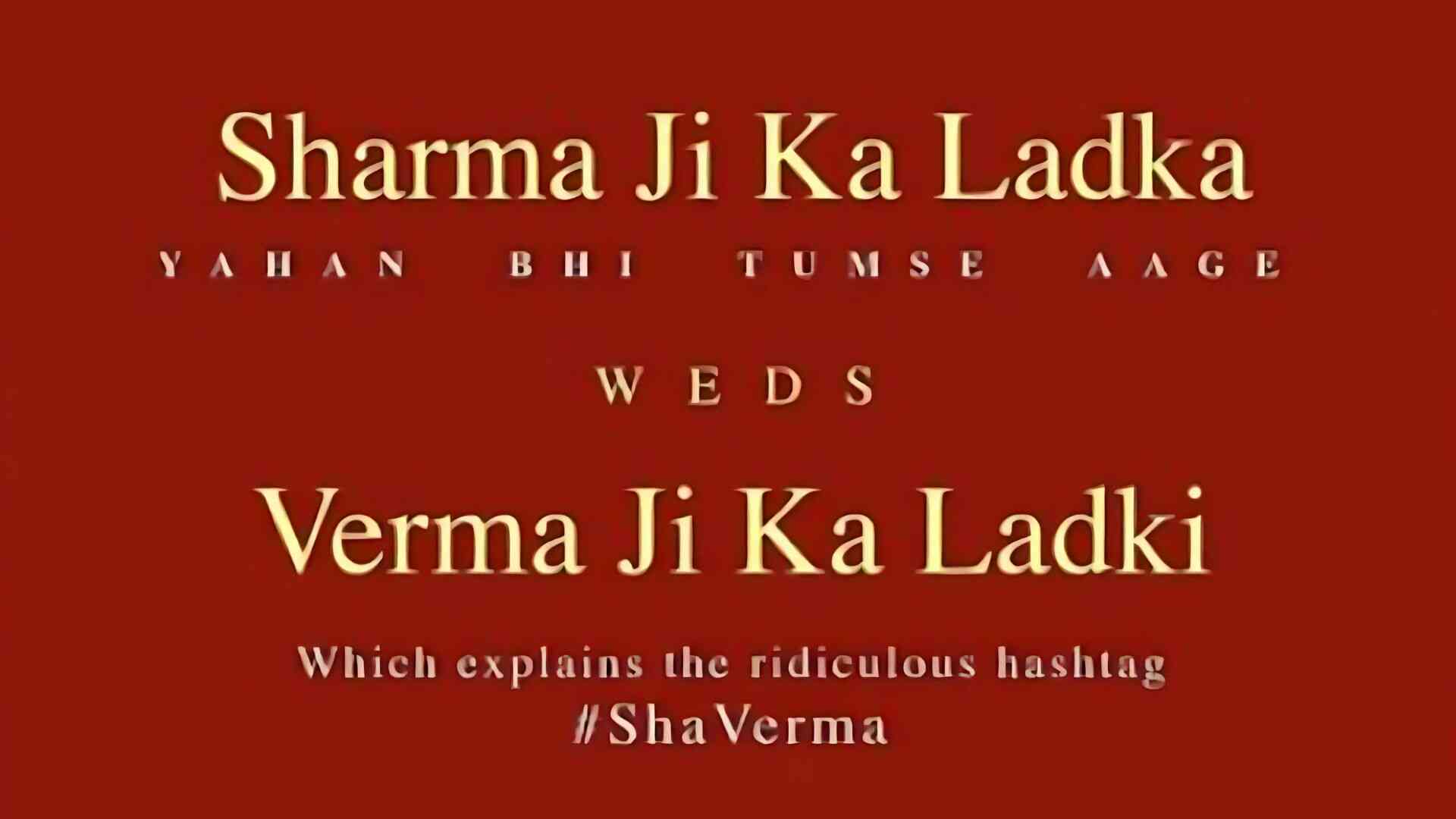
The Supreme Court in the case observed and has dismissed an appeal by the Assistant Provident Fund Commissioner against an order of the court.
The Division bench of Punjab And Haryana High Court in the case observed and has stated that when the term ‘basic wage’ has been described as stated under Section 2(b) of the Employee Provident Fund Act 1952, there is no such need to make a reference to definition of ‘minimum rate of wages’ as stated under Section 4 of the Minimum Wages Act, 1948 to give it a more expansive meaning.
In the present case, it being the case of the appellant was that for the purposes of determining the amount to be paid towards the provident fund, the employer, i.e., the respondent in the appeal had wrongly split the wage structure and treated the reduced wage as the basic wage in an attempt to evade paying the correct amount towards provident fund. According to the appellant, this was to detriment of the employees.
Further, the Appellate Tribunal, single bench and division bench of the High Court in the case observed and has rejected the contentions made by the Appellant’s
The Division bench comprising of Justice Hima Kohli and Rajesh Bindal in the case observed while dismissing the appeal that once the EPF Act contains a specific provision defining the words ‘basic wage’ (under Section 2b), then there was no occasion for the appellant to expect the Court to have travelled to the Minimum Wages Act, 1948, thus, to give it a different connotation or an expansive one, as sought to be urged and this is clearly not the intention of the legislature.
It has been argued by the counsel, Additional Solicitor General, Vikramjeet Banerjee before the Apex Court that for determining the basic wage under the EPF Act, the ‘minimum rate of wages’ under Section 4 of the Minimum Wages Act, 1948 must be referred to. The Apex Cour tin the case observed and has rejected the contention wherein it agreed with the High Court’s view that ‘basic wage’ need not be equated with ‘minimum wage’:
The court in the case noted that this aspect ahs been considered in paragraph 6 of the impugned judgment and turned down holding that there was no compulsion to hold the definition of ‘basic wage’ to be equated with the definition of ‘minimum wage’ as stated under the Minimum Wages Act, 1948.
The counsel, AOR Brijesh Kumar Tamber, Adv. Vinay Singh Bist, Adv. Prateek Kushwaha, Adv. Yashu Rustagi, Adv. Sahas Bhasin appeared for the petitioner.
The counsel, Sr. Adv. Dr. Abhishek Manu Singhvi, Sr. Adv. Rakesh Khanna, Sr. Adv. Amitabh Chaturvedi, Adv. Harvinder Singh, Adv. Ankit Monga, Adv. Prakriti Jalan, AOR. Gagan Gupta, AOR. Nishit Agrawal, AOR Kanishka Mittal, Adv. Shrey Kapoor, Adv. Anuj Tyagi, Adv. Upasna Agrawal represented the respondents.














